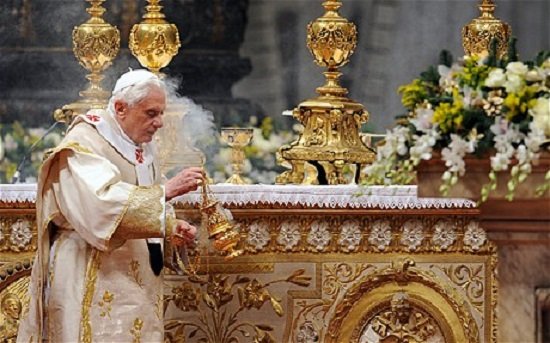This post has already been read 3794 times!
CATHOLIC America was already in shock, and then another hammer-blow fell. Two weeks after one of the country’s best-known prelates handed in his cardinal’s hat, amid allegations of molesting young men, a report has documented in sickening detail the sexual crimes that were perpetrated by over 300 priests in Pennsylvania over 70 years.
More than 1,000 children, and probably several times that number, were victims of clerical abuse that was systematically swept under the carpet, according to a judicial document of nearly 900 pages which was published on August 14th, as Catholics prepared for one of their cherished annual feasts, the Assumption of the Virgin.
The American Catholic church has struggled to cope with historical sex-abuse allegations since they exploded in the archdiocese of Boston two decades ago, and it has paid billions of dollars to victims. But the grand jury’s investigation, focusing on a state long seen as a heartland of blue-collar Catholicism, was the broadest fact-finding exercise to date.
The jurors’ grim findings follow a decision by Pope Francis to accept the resignation from the status of cardinal, pending a church trial, of Theodore McCarrick, an American cleric who is now 88. As Washington DC’s archbishop, he is remembered as a familiar, affable figure in the corridors of power. Not since the 1920s has a cardinal been stripped of his rank.
The Pennsylvania report struck an emotional note for a legal document. The jurors began with the words: “We…need you to hear this…There have been other reports about child sex abuse within the Catholic church. But never on this scale…Now we know the truth: it happened everywhere.”
The jurors gave many grisly examples. One priest in the diocese of Erie, in north-west Pennsylvania, had confessed to the rape of at least 15 boys, some as young as seven, only to be hailed by his bishop as a “person of candour and sincerity” who deserved praise “for the progress he had made” in controlling his “addiction”.
The jurors agree that much has changed in the past 15 years, and that the church seems far quicker to report abuse to the police. They hailed as “forthright and heartfelt” the testimony they had received, in person, from the current bishop of Erie.
Still, they found it regrettable that thanks to cynical cover-ups and a statute of limitations, it had been left too late to prosecute in the vast majority of cases. They urged Pennsylvania’s lawmakers to remove time limits for criminal cases of this sort. A recent change has made it possible for victims to come forward up to the age of 50, but that still seems too restrictive.
In their response to the report, bishops mixed deep regret for past wrongs with an insistence that things had improved, especially since 2002 when new guidelines for dealing with sex offenders were adopted. Cardinal McCarrick helped shape that new approach, but fell foul of it himself.



